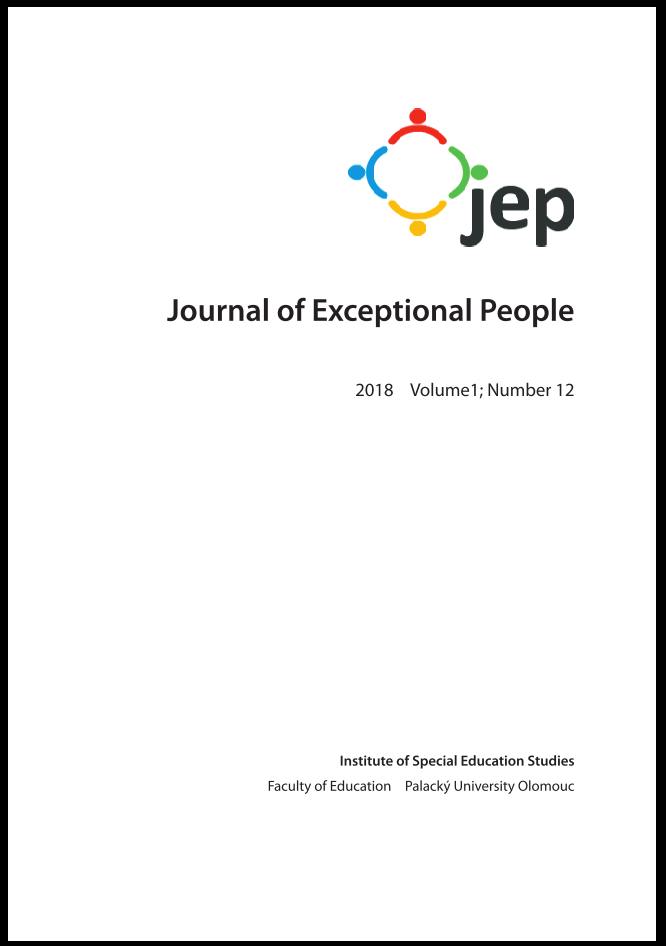Role of rescreening in special education intervention
Role of rescreening in special education intervention
Author(s): Jana Zvědělíková, Adéla HanákováSubject(s): Education, Psychology, Communication studies
Published by: Univerzita Palackého v Olomouci
Keywords: hearing impairment; hearing rescreening; childhood;diagnostics;
Summary/Abstract: According to the statistics of the World Health Organization in March 2015, 328 million adults and 32 million children have hearing impairment. Early diagnosis and early special education intervention affect the quality of life of the child and their family. A big part of hearing defects can be detected a few days after birth by new-born hearing screening, which is done through examination of otoacoustic emissions. This examination should ideally establish hearing rescreening. Our study confirmed that in some individual cases, test results using BERA or SSEP indicate a significant difference between the measured values and actual hearing status. According to the results of check-up (rescreening), after a certain time no pathology of hearing or hearing impairment of milder degree in maturing central nervous system may be reported. From the qualitative data, we obtained results of 10 respondents, while in 3 of them a milder degree of hearing impairment was measured.
Journal: Journal of Exceptional People
- Issue Year: 2018
- Issue No: 2 (13)
- Page Range: 53-60
- Page Count: 8
- Language: English

